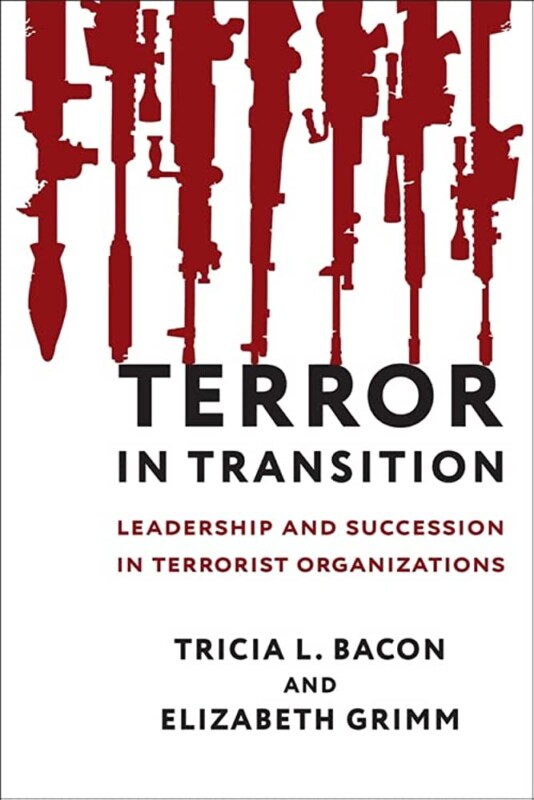“L
eadership is one of the most observed and least understood phenomena on Earth.” Nowadays, new terrorist groups have evolved into leaderless movements, yet we still see the traditional form of terrorist groups with organized leadership and hierarchy able not only to inflict immeasurable harm but also inspire the new generation of terrorist movements. Leadership is especially important when it comes to religious terrorist groups, whether it be Islamic terrorist groups or white Christian white nationalist groups.
In these groups, terrorist leaders are not just the leaders of their organizations; they are perceived by their followers as religious or spiritual leaders as well. Religious terrorist leaders are responsible for creating a group ideology and reconciling their group’s ideology with preexisting religious texts and teachings. Consequently, the leaders in religious terrorist groups tend to have an unparalleled influence on their organizations.
Terror in Transition: Leadership and Succession in Terrorist Organizations offers a rigorous theoretical perspective that extensively explores leadership and succession in terrorist groups throughout the period of their operation to track the opportunities that shape and maximize counterterrorism efforts. Drawing on extensive field research in Afghanistan, Somalia, and Pakistan, the book features detailed analysis of groups such as al-Shabaab, the Egyptian Islamic Jihad, and al-Qaeda in Iraq/the Islamic State in Iraq, as well as the KKK.
What is the role of founding leaders in shaping terrorist organizations? What follows the loss of this formative leader? What kind of leader is the successor? In their groundbreaking analysis, Tricia L. Bacon, associate professor at American University’s School of Public Affairs, and Elizabeth Grimm, associate teaching professor in the Center for Security Studies, School of Foreign Service at Georgetown University, demonstrate that founders establish the whys and hows of the group. The founder explains and frames the group’s mission, and determines and justifies how the group seeks to achieve its objectives. Later, successors operate from within that base.
Bacon and Grimm argue that how successors position themselves in terms of the founder shapes a terrorist group’s future course. They breakdown the different types of successors: will they be a caretaker, signaler, fixer, visionary, or figurehead? They also examine how and why different types of successors choose to pursue incremental or discontinuous change: Some successors possess family bonds that strengthen their claim to authority. Others are outsiders who seek to escalate the group’s level of violence, and others yet are handpicked long before the leader’s death or arrest. These successors can also hold different aims, ranging from purifying the mission to restoring the group’s public image.
Succession is a critical juncture: it may potentially threaten the very survival of the group. Instability surrounding succession can place a group at its most vulnerable and is the precise time to explore options to weaken or defeat it. Therefore, Terror in Transition: Leadership and Succession in Terrorist Organizations comes as a valuable source that provides actionable recommendations for policymakers and counterterrorism practitioners.
Tricia L. Bacon and Elizabeth Grimm, Terror in Transition: Leadership and Succession in Terrorist Organizations (Columbia University Press, 2022) ISBN: 9780231192255, 312 pages
Recommended





